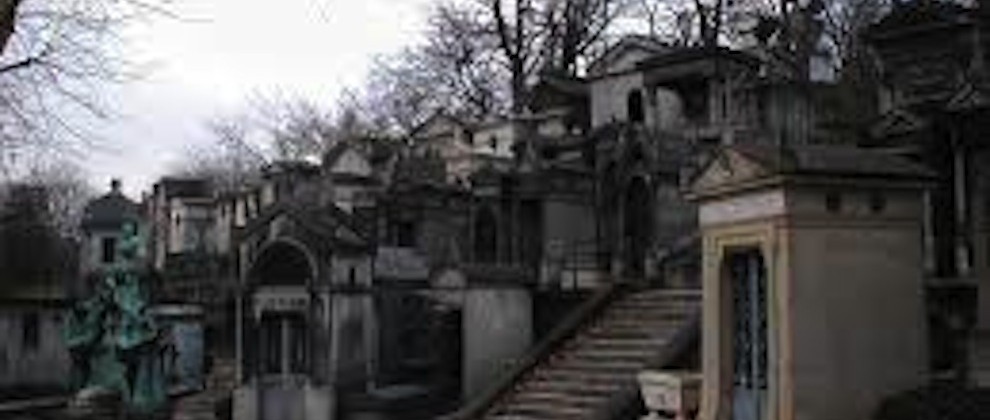* Image credit http://wice-paris.org
The latest travel trend has a macabre fascination: death.
While families tend graves from China to Mexico to mark All Saints Day this month, the final resting places of some of the world’s most famous stiffs are becoming major tourist attractions in their own right.
The trend is known as Dark Tourism, a term coined by Professor John Lennon, Director of the Moffat Centre for Travel and Tourism Business Development at Glasgow Caledonian University, to reflect the growing demand for tours to sites associated with war, genocide and assassination.
“The interest in sites of tragic occurrence reflects the human desire to touch death and explore the dark side of our nature,” explains Professor Lennon.
“There’s also growing interest in grave sites associated with famous people.”
The phenomenon even gets its own dedicated chapter in the new Lonely Planet cool-seekers guide, The Bluelist with hints on how to be a “dark tourist.”
Amongst the locations, the best known is probably Père-Lachaise Cemetery in Paris [pictured above], the final resting place of the cream of the French intelligencia with artists, writers and even rock stars pushing up daisies in esteemed company.
Balzac and Proust head up the French heavyweights while Oscar Wilde and Jim Morrison line up for the hedonists.
Meanwhile, London’s Highgate Cemetery boasts a wealth of Gothic tombs and buildings with residents such as the novelist George Eliot and the artist Henry Moore resting in peace along side Karl Heinrich Marx, the father of Marxist philosophy.
Highgate Cemetery tours run Saturdays and Sundays between 11am and 3pm.
The erstwhile Lorraine Motel at 450 Mulberry Street, Memphis, the site of the assassination of Martin Luther King, reopened in 1991 as the National Civil Rights Museum, while Cholame, in San Luis Obispo County, California, the place where James Dean died on September 30, 1955, is today home to a James Dean memorial.
The dates and hours of Dean’s birth and death are etched into the sculpture along with one of his favorite lines from Antoine de Saint-Exupéry’s book, The Little Prince:
“What is essential is invisible to the eye.”
What did you think of this story? Post your comments below.
This story was first published in BA High Life Magazine in 2006.
Liked this? Try also Walking with the Romantic Poets in the Lake District.
